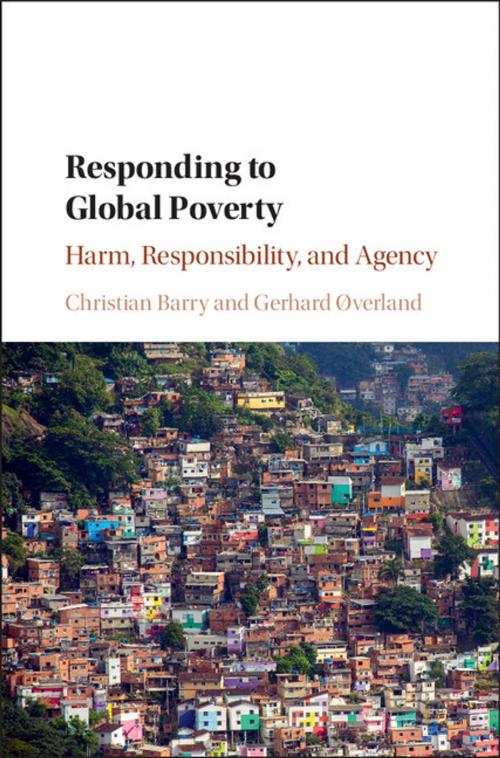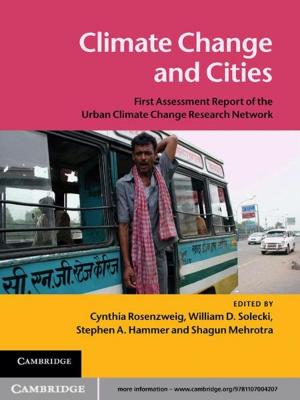Responding to Global Poverty
Harm, Responsibility, and Agency
Nonfiction, Religion & Spirituality, Philosophy, Political, Social & Cultural Studies, Political Science| Author: | Christian Barry, Gerhard Øverland | ISBN: | 9781108105484 |
| Publisher: | Cambridge University Press | Publication: | November 10, 2016 |
| Imprint: | Cambridge University Press | Language: | English |
| Author: | Christian Barry, Gerhard Øverland |
| ISBN: | 9781108105484 |
| Publisher: | Cambridge University Press |
| Publication: | November 10, 2016 |
| Imprint: | Cambridge University Press |
| Language: | English |
This book explores the nature of moral responsibilities of affluent individuals in the developed world, addressing global poverty and arguments that philosophers have offered for having these responsibilities. The first type of argument grounds responsibilities in the ability to avert serious suffering by taking on some cost. The second argument seeks to ground responsibilities in the fact that the affluent are contributing to such poverty. The authors criticise many of the claims advanced by those who seek to ground stringent responsibilities to the poor by invoking these two types of arguments. It does not follow from this that the affluent are meeting responsibilities to the poor. The book argues that while people are not ordinarily required to make large sacrifices in assisting others in severe need, they are required to incur moderate costs to do so. If the affluent fail consistently to meet standards, this fact can substantially increase the costs they are required to bear in order to address it.
This book explores the nature of moral responsibilities of affluent individuals in the developed world, addressing global poverty and arguments that philosophers have offered for having these responsibilities. The first type of argument grounds responsibilities in the ability to avert serious suffering by taking on some cost. The second argument seeks to ground responsibilities in the fact that the affluent are contributing to such poverty. The authors criticise many of the claims advanced by those who seek to ground stringent responsibilities to the poor by invoking these two types of arguments. It does not follow from this that the affluent are meeting responsibilities to the poor. The book argues that while people are not ordinarily required to make large sacrifices in assisting others in severe need, they are required to incur moderate costs to do so. If the affluent fail consistently to meet standards, this fact can substantially increase the costs they are required to bear in order to address it.















